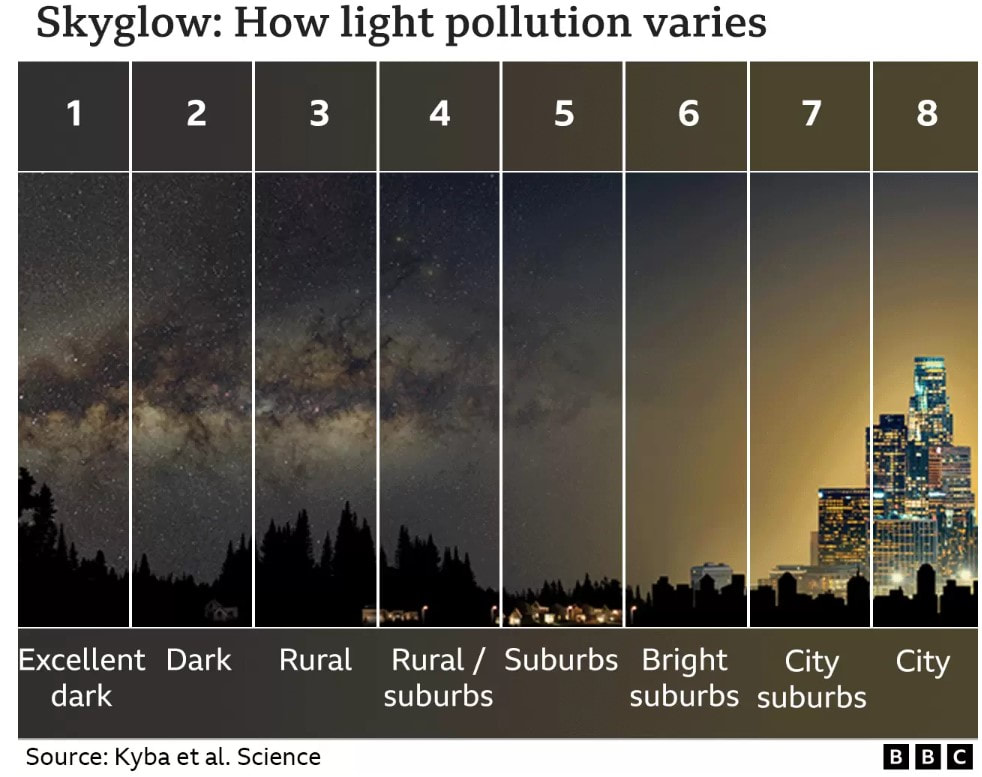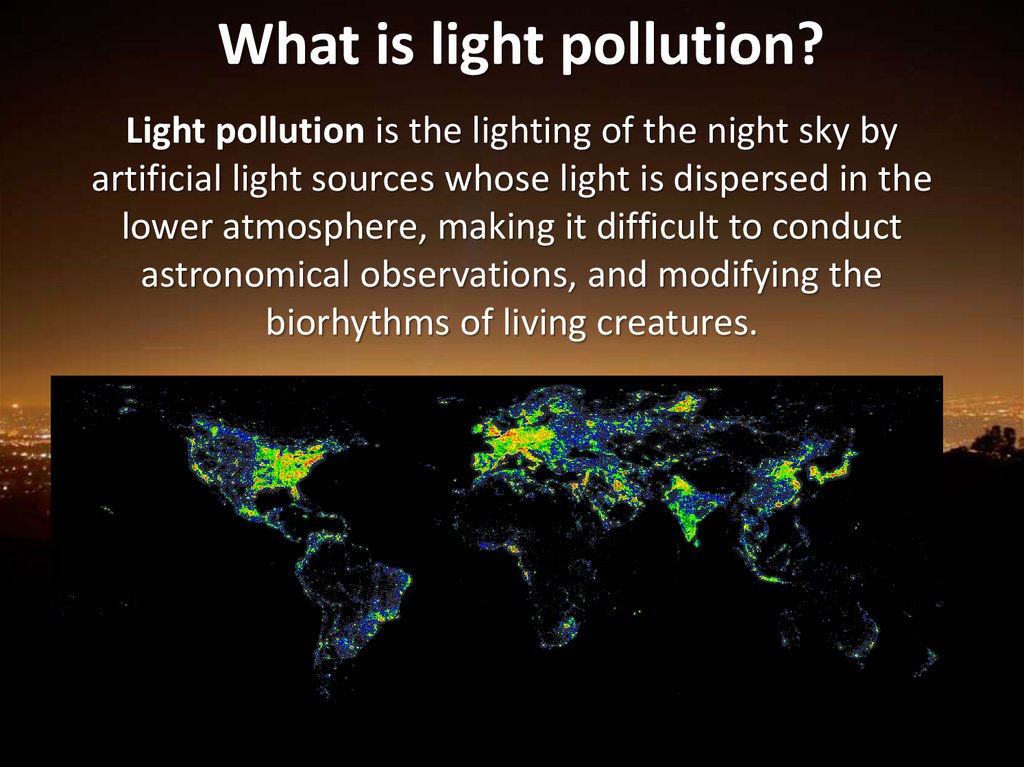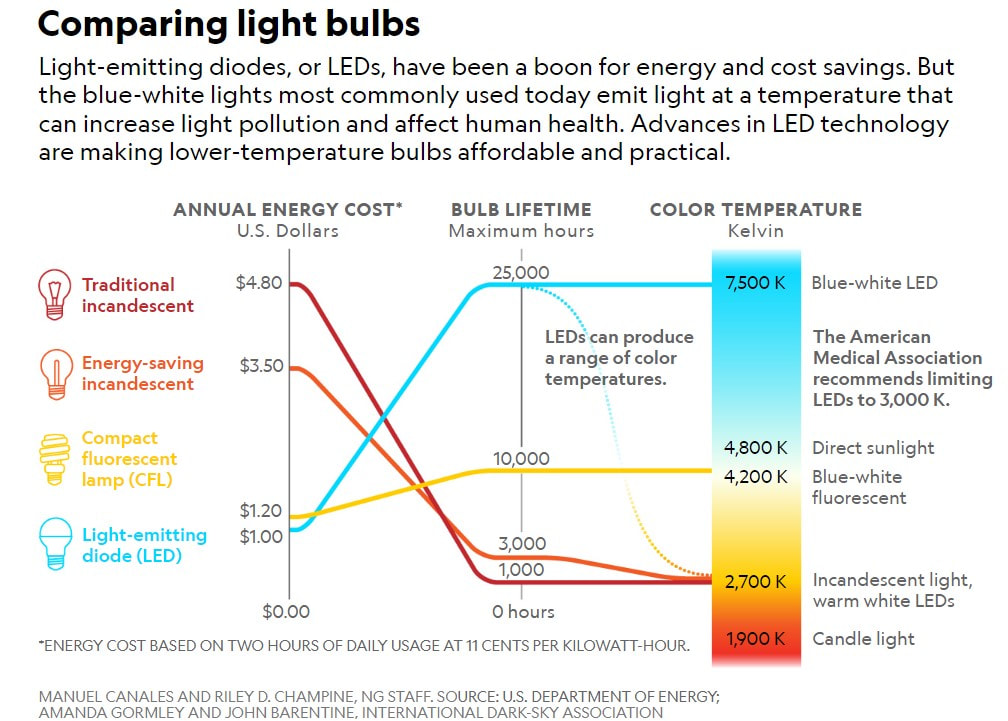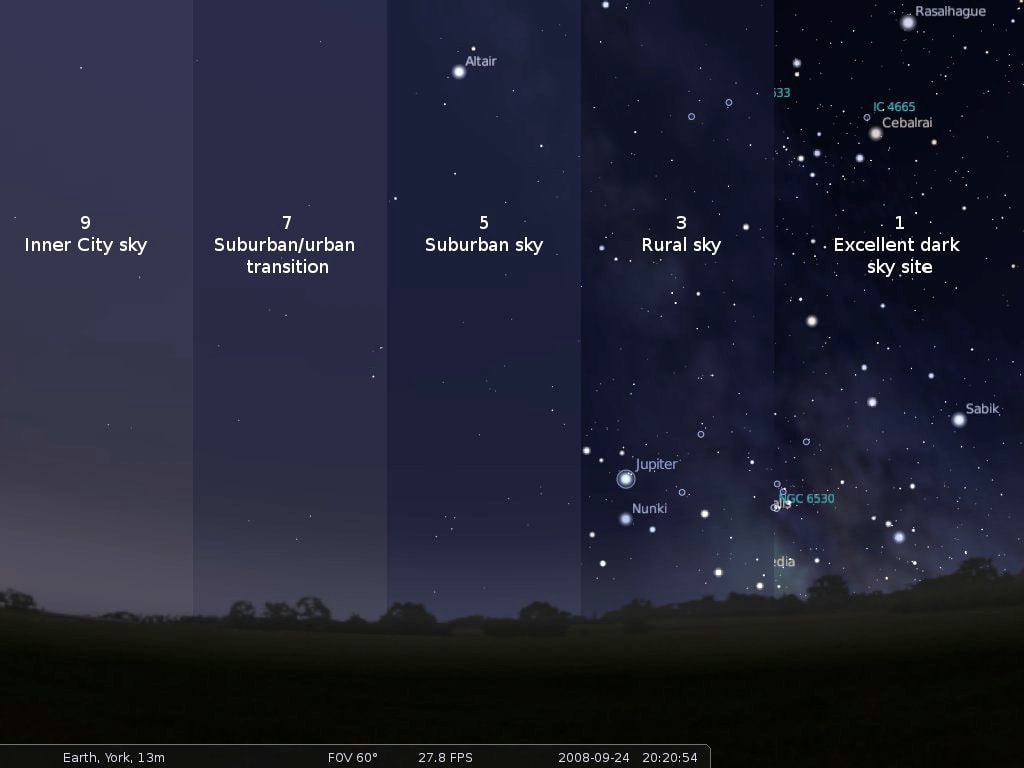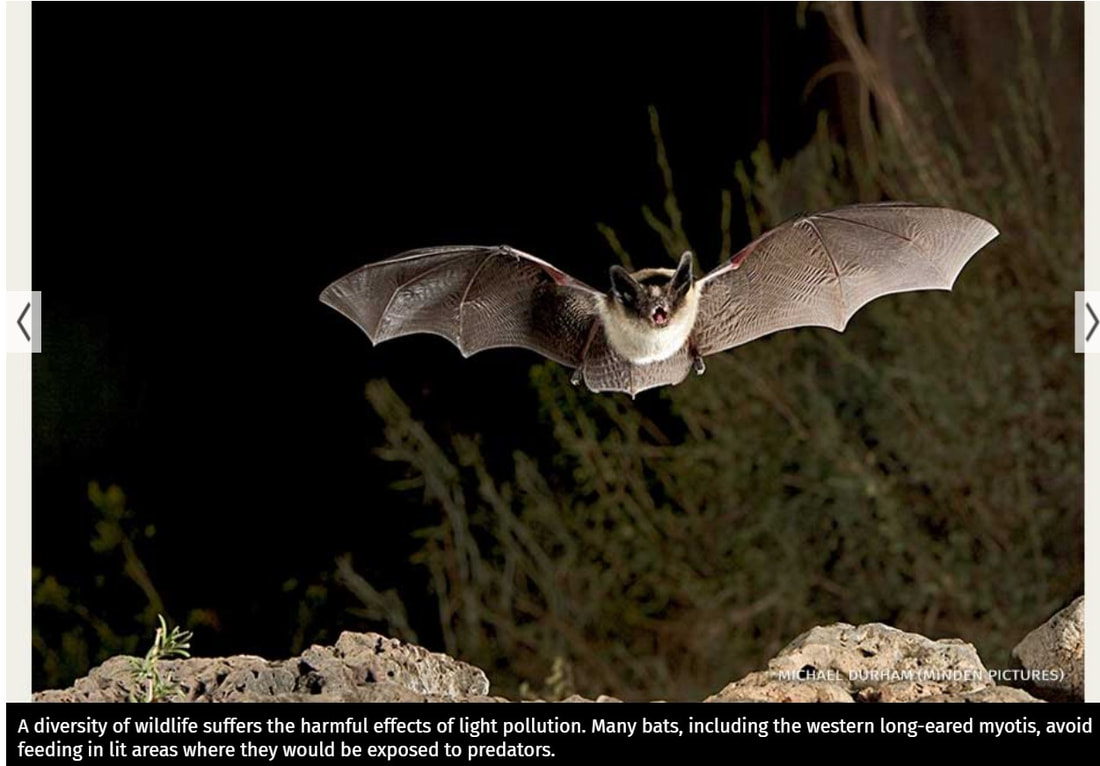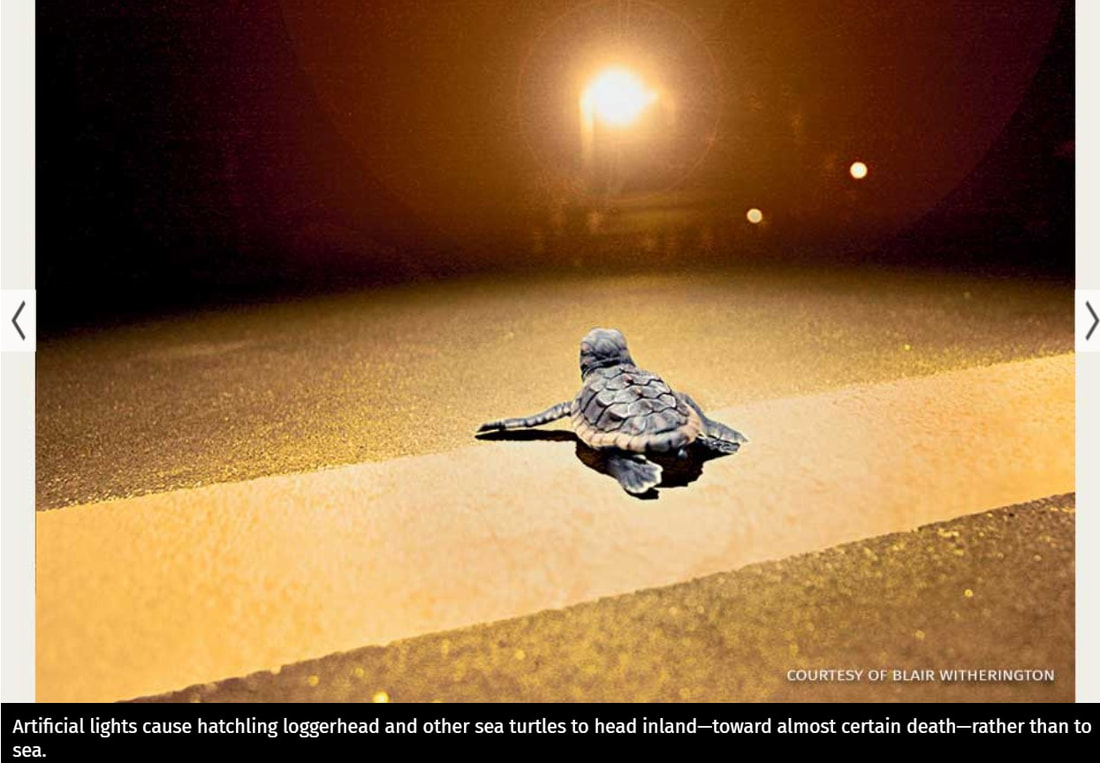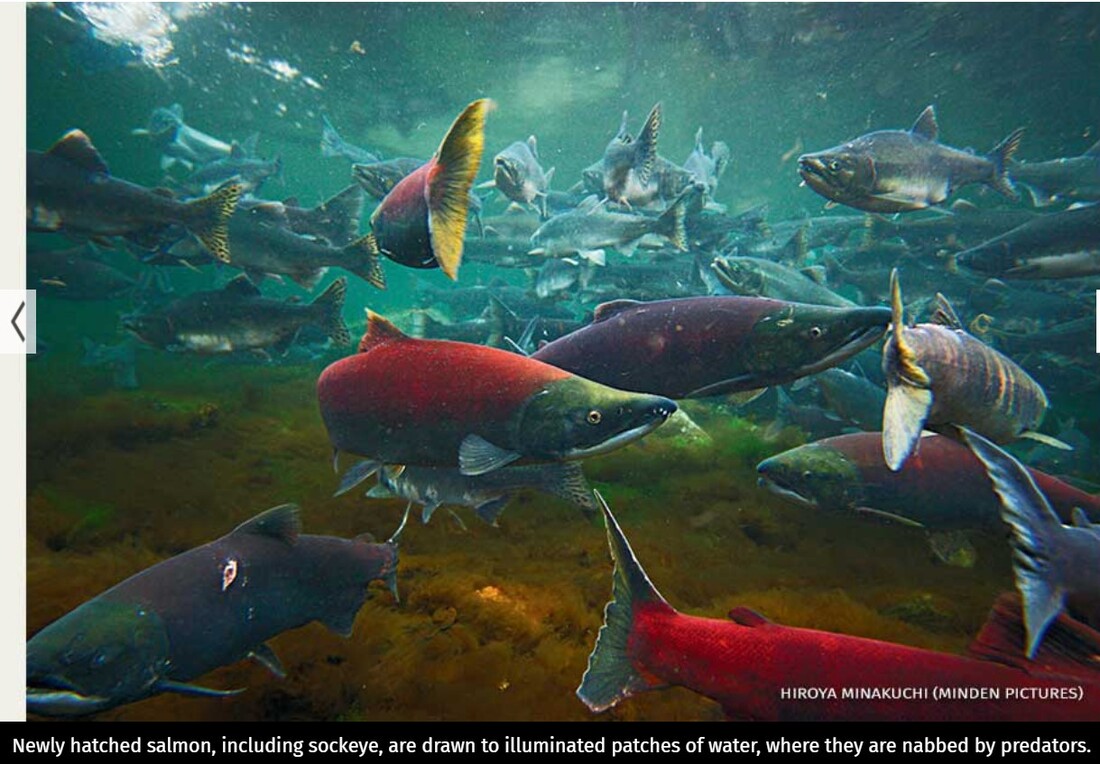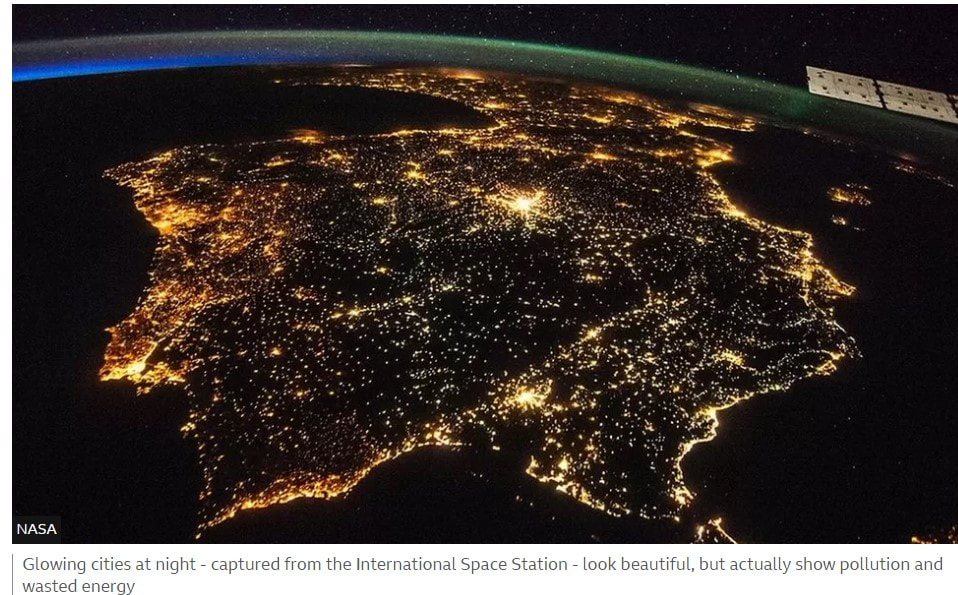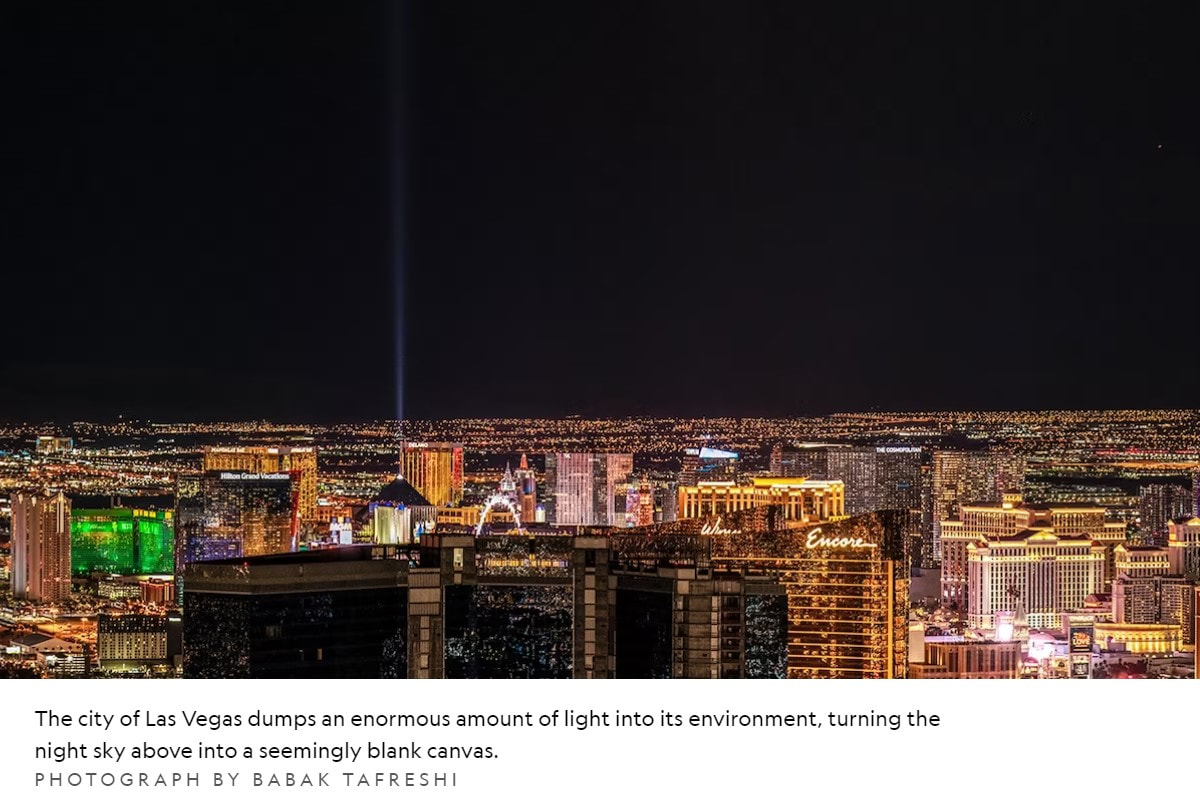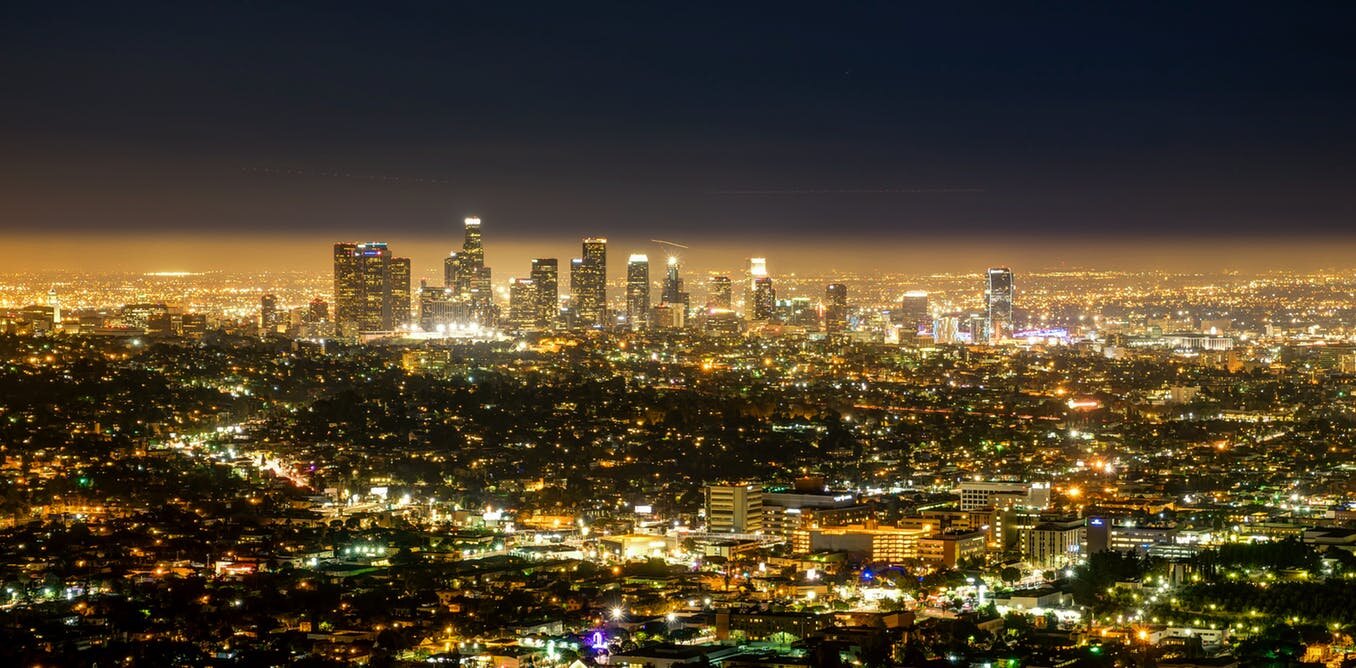03.10.2023
Light Pollution Is Getting Worse, And Earth Is Paying The Price
Out of all the various pollutions humans create, light pollution gets the least attention. Light pollution can come in several forms: light trespass is when unwanted light escapes from one property into adjacent properties; over-illumination is using excessive light where it isn't needed; light clutter is the redundant clusters of lighting found in many urban centers; sky glow is the collective light pollution found over big cities. It is an enormous waste of money, of resources, and more importantly, it is harming us. As stated in the National Geographic article Our Vanishing Night [1], light pollution is largely the effects of bad lighting design, which allows artificial light to shine outward and upward into the sky, where it's not wanted, instead of focusing it downward, where it is. Common sources of light pollution include street lamps, parking lot/shopping malll lights, exterior lights found on most homes/businesses, neon signs and illuminated signboards. Darkness is essential to our biological welfare. For centuries before the development of artificial light, human beings had become used to a day/night cycle of 12 hours of natural light and 12 hours of darkness. That cycle is a part of our circadian rhythms, an essential biological imperative which is dramatically affected by the presence of light at night. Disruption of the circadian rhythm has been linked to sleep disorders like insomnia and delayed sleep-phase syndrome, as well as depression, hypertension, attention deficit disorder, obesity, diabetes, and heart disease. But humans aren't the only creatures affected by light pollution. Wherever human light spills into the natural world, some aspect of life for animals—migration, reproduction, hunting and feeding—is affected. There are several examples of these types of disruptions in nature affecting the existing ecological balance (migratory birds, turtle hatchlings, etc.). Declining insect populations as a result of light attraction can also negatively impact the balance of nature as all species depend on insects. Credit: ALJAZEERA
Poverty deprives people of adequate education, health care and of life's most basic necessities- safe living conditions (including clean air and clean drinking water) and an adequate food supply. The developed (industrialized) countries today account for roughly 20 percent of the world's population but control about 80 percent of the world's wealth.
Poverty and pollution seem to operate in a vicious cycle that, so far, has been hard to break. Even in the developed nations, the gap between the rich and the poor is evident in their respective social and environmental conditions.
Poverty and pollution seem to operate in a vicious cycle that, so far, has been hard to break. Even in the developed nations, the gap between the rich and the poor is evident in their respective social and environmental conditions.
